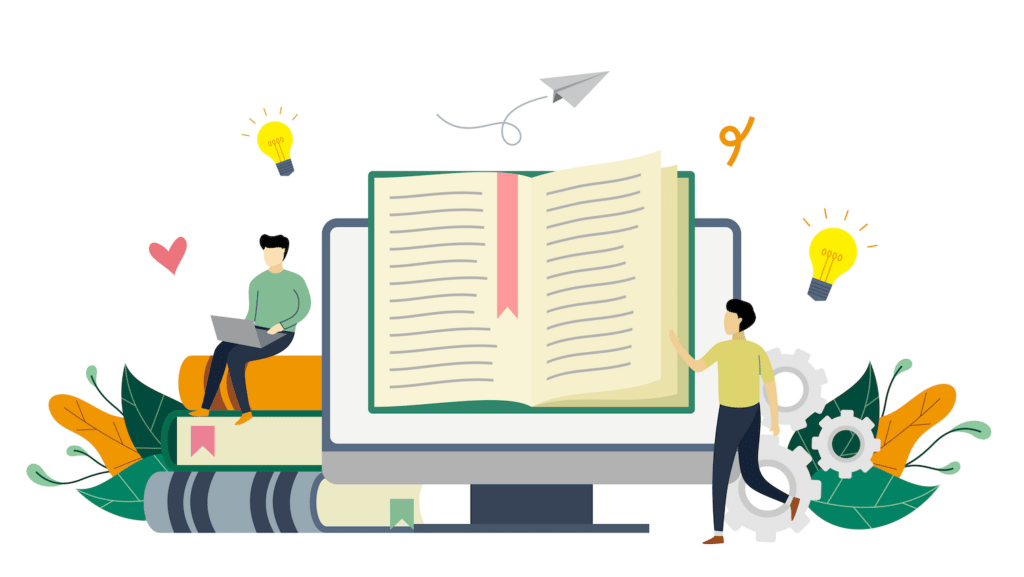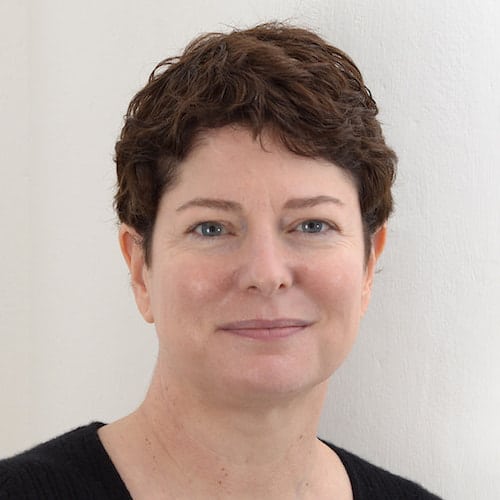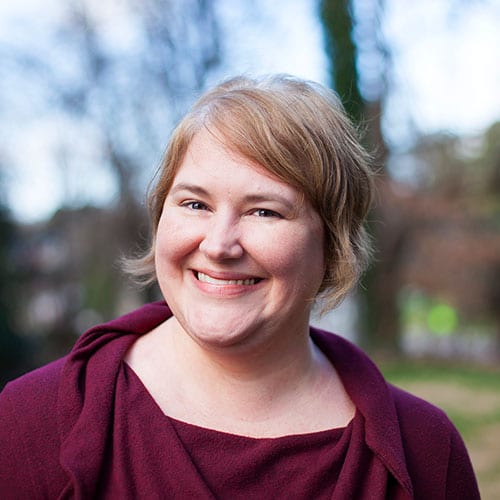
Bringing humanistic research into the digital environment – and supporting new and diverse voices and perspectives – is one of the great benefits of Open Access, write the authors of the latest in our OA books series.
How research is generated and shared can drive meaningful change across disciplines, organizations, and communities. Consider digital scholarship. Emerging tools and methodologies prompt new questions; resultant hypotheses and argumentation call for innovative presentations; interactivity and other enhanced user experiences bring about heightened awareness and agency; increased inclusivity leads to new, diverse perspectives. Combining digital scholarship with open access (OA) publishing models expands significantly the possibilities for impact by offering more equitable access to research, alongside new and powerful ways for authors to articulate complex arguments. In sum, the intersection between innovative forms of scholarship and revolutionary dissemination processes can benefit multiple stakeholders the world over.
Creating multimodal digital monographs, for many authors, is about making the humanities relevant and accessible to wider audiences who can both benefit from and contribute to scholarly production in tangible, meaningful ways. At the same, open access publication provides not only wide distribution but also a mechanism by which digital scholarship may undergo formal development and evaluation with a university press. But the ability to create open multimodal publications is itself fraught with inequity, requiring collaboration partners, expertise, and funding not yet widely available to all scholars or to their publishers.
In an effort to take stock of the wide range of innovative practices and system-changing interventions that characterize a growing body of digital scholarly publications, Brown University and Emory University co-hosted a summit in spring 2021. The intention from the start was to call attention to the faculty-led experimentation that was taking place across a number of libraries and humanities centers, some of which already involved university presses. Shifting the focus away from tools and technology, as important as those discussions remain to the larger scholarly communications ecosystem, the summit emphasized author and audience needs and opportunities. As such, it highlighted the importance of investing in a people-centric, content-driven infrastructure.
“How can we encourage a shared vocabulary for these reimagined forms of humanities scholarship?”
Case studies of eight recently published or in-development OA works provided the basis for in-depth, evidence-based discussions among scholars, academic staff experts, and representatives from university presses: What models for publishing enhanced and interactive scholarly projects are emerging? What are the common challenges that remain and how do we address them? How can we encourage a shared vocabulary for these reimagined forms of humanities scholarship among the wider scholarly communications community?
While each of the projects, representing a broad disciplinary range and span of subject matter, offers a different perspective, when taken together they reveal lessons learned and clarify key priorities. All the projects demonstrate in myriad ways how digital content and affordances can enrich and deepen a scholarly argument. Some works provide distinct opportunities to examine the ethical implications of humanities research and to consider the new ways in which digital publication engages with audiences beyond the academy. Others foreground the powerful outcomes of collaborations between university presses and universities, modeling how such partnerships leverage resources and expertise to strengthen the humanities infrastructure and allow for innovation within it.
Although the summit focused on a selection of projects supported by the Mellon Foundation’s Digital Monographs Initiative, the presentations and generative discussions that followed raised important concerns and opportunities that extend well beyond the featured projects. These findings were released in July 2022 at the Association of University Presses 2022 Annual Meeting in Washington, D.C. A key objective of the report, “Multimodal Digital Monographs: Content, Collaboration, Community,” is to promote greater inclusion and equitable access of diverse voices as the development, validation, and dissemination of digital scholarship continues to unfold.
That digital scholarship developed and distributed as an OA monograph can transform how and where research is carried out and whom it reaches is undeniable. In the case of Feral Atlas: The More-than-Human Anthropocene (Stanford University Press, 2021), four project editors compiled the contributions of more than 100 scientists, humanists, artists, designers, programmers, and coders. The atlas contains 330,000 words and 600+ media assets, and had attracted 60,000 unique visitors in the six months between its publication and the date of the summit. The publication As I Remember It: Teachings from the Life of a Sliammon Elder (University of British Columbia Press, 2019), published on the RavenSpace platform, offers a model for including Indigenous communities in the creation of scholarship, while also addressing the needs of both public and academic audiences through a thoughtful interplay of text and multimedia.
“We need to continue putting pressure on what it means for scholarship to be open, to be digital, to be public.”
For all the successes noted in the report, we need to continue putting pressure on what it means for scholarship to be open, to be digital, to be public. Such scholarship has the potential to offer powerful counterpoints and alternatives to the disinformation that pervades current discourse on the web, and to bridge the gap between scholarly and public discourses.
As the pathways for humanities scholarship expand in the digital era, “Multimodal Digital Monographs: Content, Collaboration, Community” serves as an invitation for all its practitioners to engage in conversation about the evolution of content itself, as well as with the authors who create it and the audiences whom they seek to engage. The importance of sharing and learning together as a community, for finding innovative and productive ways to share expertise and resources through collaborative models, emerges from the summit and cannot be underestimated in these still early and formative days. We further hope that more universities will seek ways to support their own faculty, as well as the publishers of their faculty’s work, in efforts to bring vital humanistic research into the digital environment and to welcome new and diverse voices and perspectives throughout that process.
About the Authors

Allison Levy, Director | Brown University Digital Publications
Allison Levy, PhD, brings together key organizational, academic, and technological resources across Brown University to support new forms of faculty-driven scholarship. She spearheads efforts at the industry level to advance the conversation around the development, evaluation, and publication of born-digital scholarship in the humanities. @AllisonMLevy

Sarah McKee, Sr. Associate Director for Publishing | Digital Publishing in the Humanities, Fox Center for Humanistic Inquiry, Emory University
Sarah McKee supports faculty in the development of open access and digital monographs. She previously served as managing editor for the New Georgia Encyclopedia at the University of Georgia Press. On November 1 she will join the American Council of Learned Societies (ACLS), working to support a healthy ecosystem for the creation and dissemination of humanistic scholarship.
The post Open Access Monographs: Digital Scholarship as Catalyst appeared first on Digital Science.
from Digital Science https://ift.tt/rN4aK08

No comments:
Post a Comment